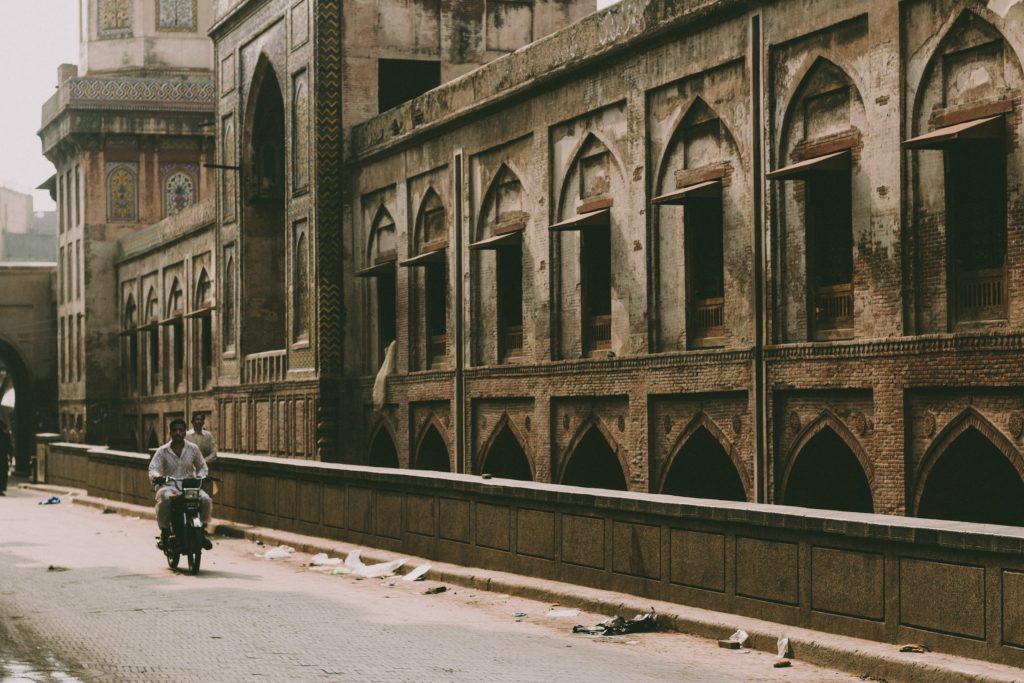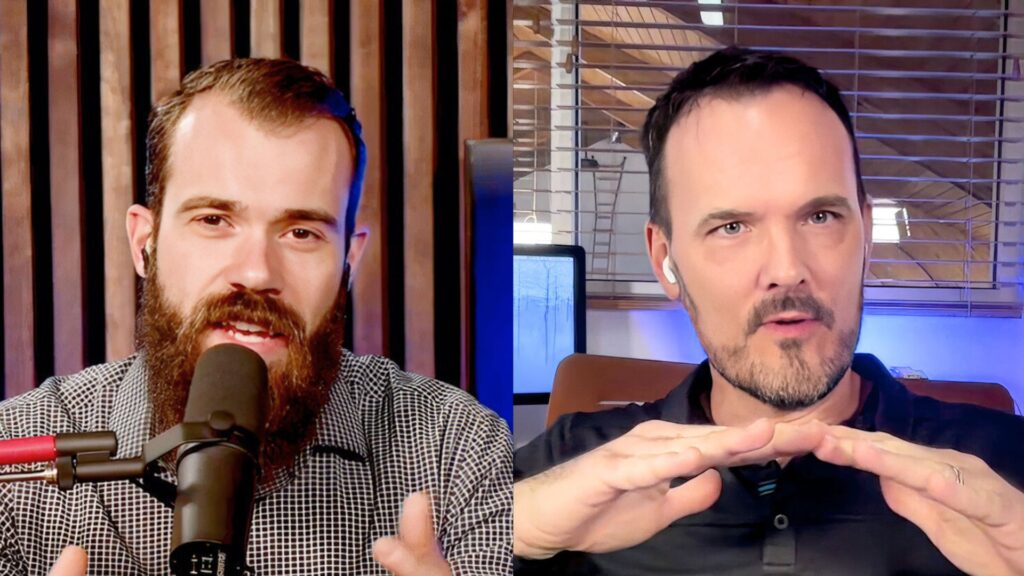With a population just 60 percent the size of the United States, Pakistan is the third-largest Islamic country in the world. Over 10 percent of the world’s Muslims live in Pakistan.
In addition to being unreached and having less than two percent professing evangelicals, most of the people of Pakistan are also unengaged—with few to no missionary efforts happening among them.
There is little gospel witness and church growth in Pakistan, and what witness exists is often unwelcomed. This makes sowing seeds like the rocky soil of Jesus’ parable of the sowers.
How do we sow and plant seeds in such a hard environment?
Unengaged people groups can be likened to empty fields. We want to see these fields bear spiritual fruit. Jesus wants his bride, the church, to grow and prosper in every environment and every culture.
An approach to harvest in these barren fields can be summed up in this four-step process: survey, understand, transplant, and plant in season.
Survey
Jesus stated that the fields of lost humanity were white for the harvest (John 4:35). But in order for us to recognize this in our own day, we must have an awareness of the spiritual and physical state of people groups and nations. Statistics and research only give us half of the picture.
New, pioneering fields must be surveyed and understood before attempting to access and minister in them. Pakistan has 221 million people who have no resident witness for Christ. A field so vast must be understood before long-term boots are placed on the ground. We must “know well” the condition of the flocks (Proverbs 27:23).
Understand
When bringing the gospel into unreached and unengaged soil, it’s important to know what ecosystem factors will affect that soil. What kind of people group are we reaching? Are there any believers nearby with whom we may partner? If an unreached people group is nomadic, the people’s itinerant lifestyle will pose a challenge to long-term church planting. If a people group are migrants, missionaries may need to master not just one but two new cultures and languages. If a people group lives in a restricted country, an additional host of challenges arise relating to governmental restrictions, securing long-term visas, and possible political unrest.
Before we engage in a new work, we must understand depth of preparation that will be required of us. “For which of you, desiring to build a tower, does not first sit down and count the cost, whether he has enough to complete it? Otherwise, when he has laid a foundation and is not able to finish, all who see it begin to mock him, saying, ‘This man began to build and was not able to finish’” (Luke 14:28-30).
Transplant
When we use the word pioneering in the context of reaching previously unengaged people groups, we can mistakenly assume that a pioneer missionary is himself or herself brand-new—entering the field for the first time. But wisdom says that when a difficult new field is opened, it makes sense to use the most experienced hands. And with only three percent of all missionaries worldwide working among unreached Muslim people groups, in order to reach Muslim peoples in particular, we need to transplant hardy, adaptable, and spiritually healthy missionaries into difficult soils.
Rather than building our training exclusively around preparing and sending North Americans, we should also consider: are there individuals ready and willing to go from similar cultural groups? Are there proximate peoples who could serve as missionaries—for instance, using Filipinos to reach Southeast Asia instead of white Westerners only? Have refugees and expats from this people group been saved elsewhere in the world, and can they—already equipped with a thorough knowledge of the culture and language—be commissioned and sent back to their people? Are there experienced veteran missionaries who would be willing to relocate and begin a new work?
Plant in Season
Finally, like any good farmer, we as missionaries must recognize that God does not necessarily feel the same bristling urgency as we do when we look out over the unreached peoples of the planet. While the statistics we see bring us to our knees, God does nothing out of desperation or panic. We must patiently plant in season.
This means that sometimes doors of access to the unreached will remain closed in the sovereignty of God, while at other times, opportunities will present themselves unexpectedly. We must be ready to follow the Spirit’s leading in this regard. At times, we must proactively and creatively seek access; at other times, it may come to us apart from any initiative on our end.
“See how the farmer waits for the precious fruit of the earth, being patient about it, until it receives the early and the late rains” (James 5:7).
In the most difficult and remote places, planting in season can mean utilizing internet, radio, and media outreaches to spread the gospel message over vast swaths of land. In places where Christian missionary work is technically illegal, there is wisdom in using medical work, relief efforts, and other forms of mercy ministry to pry open hearts otherwise shut to gospel witness—or at least to till the soil and place expats in the country.
Perhaps God is calling you to take up the cause of reaching the unreached and unengaged—those who are truly without a gospel witness. ABWE is active in 14 Muslim contexts around the globe, and we are seeking to open many more. Join us in making disciples in the most difficult places in the world.
The movement to reach the unreached starts on our knees. Text “OPEN” to 43818 to receive daily prayer alerts for the Open Initiative.
Editor’s Note: This article was originally published March 9, 2020.




